Google's latest Gemini update is shaping up to be more than just another incremental improvement. Android Authority recently discovered that Google has been testing visual changes to Gemini's home screen for the past few months, and now we're getting our clearest look yet at what's coming. The company has begun testing it with a small set of users on the latest beta version of the Google app, and Google appears to be moving forward with this interface, testing it more broadly on devices through the beta app rollout.
Here is why the home screen matters, the technical underpinnings are shifting too. Google has emphasized that many AI tasks will run locally on-device to improve privacy and responsiveness. A hybrid model, some logic happens on your phone and heavy lifting goes to the cloud. That setup enables timely suggestions without pinging servers for every tap, while keeping complex queries fast.
Zooming out to the device lineup, Google's smart home family includes smart speakers, smart displays, security cameras, video doorbells, thermostats, sensors, and networking gear. All of it stands to benefit from cleaner, more guided interfaces. Reports suggest Google is working on a Gemini-powered smart speaker, framed as a 'Gemini-first' device, built for longer, more natural conversations. The mobile home screen ideas will almost certainly shape how voice-first devices present choices and suggestions.
One telling stat, Gemini Live conversations average five times longer than text-based interactions. When the interface feels natural and anticipates needs, people stick around.
The bottom line: A necessary evolution
These home screen changes are more than a facelift. They signal Google's shift from the aging Google Assistant to a modern AI experience that can match ChatGPT's ease while leaning on Google's ecosystem.
Crucially, Google is not just copying. Tight integration with Google services allows suggestions based on the life you already live online, your calendar, searches, location patterns, and app usage. The hybrid on-device and cloud setup keeps suggestions quick and privacy minded. And a consistent home screen gives the whole ecosystem a common starting point, from your phone to your smart home.
The real test is execution. Google has announced sweeping AI ideas before that fizzled in practice. This feels different. The pivot from Assistant to Gemini is not a rename, it rides on more capable models and a UI that respects how people actually use assistants.
Bottom line, if Google delivers a more intuitive, proactive, and genuinely helpful assistant, this home screen is the piece that makes the promise stick. The ingredients are on the counter, better models, smarter surfaces, tight ecosystem hooks, and clear demand. The redesign is not just making Gemini prettier, it is making Google's AI meaningfully more usable for the 100 million people already engaging with it monthly.




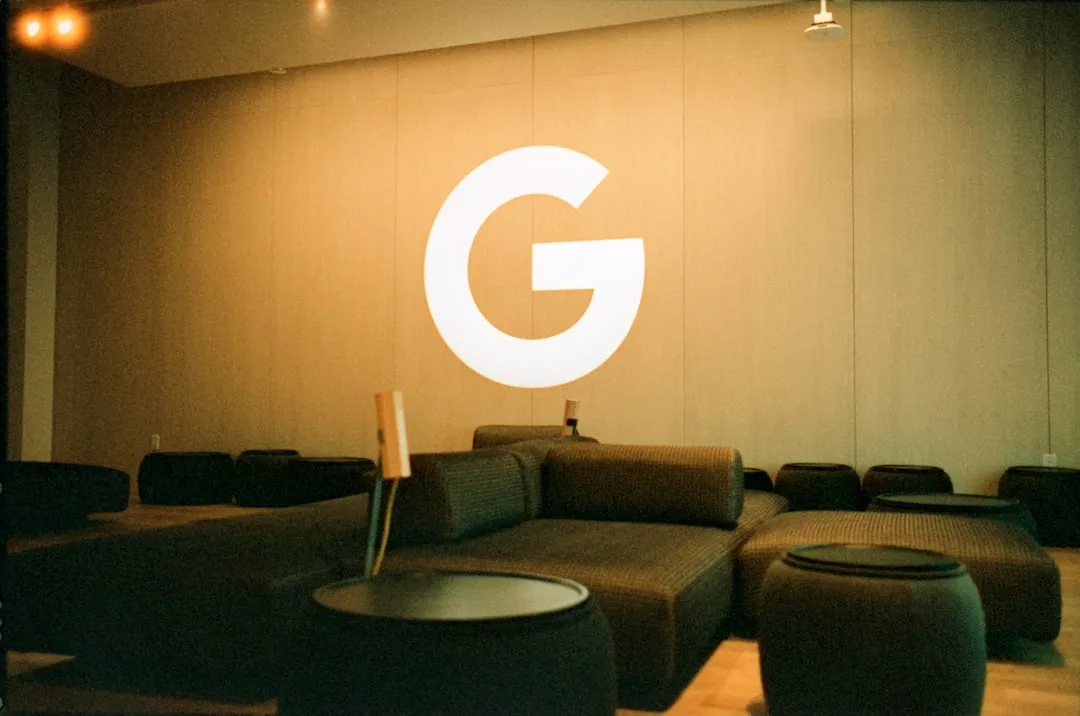
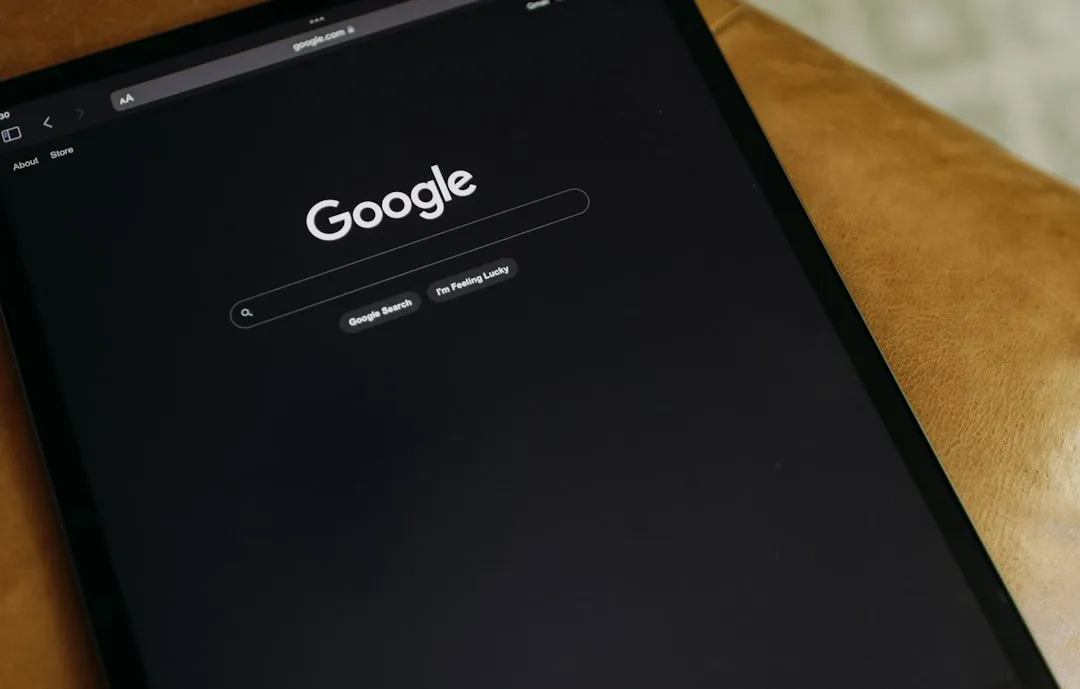








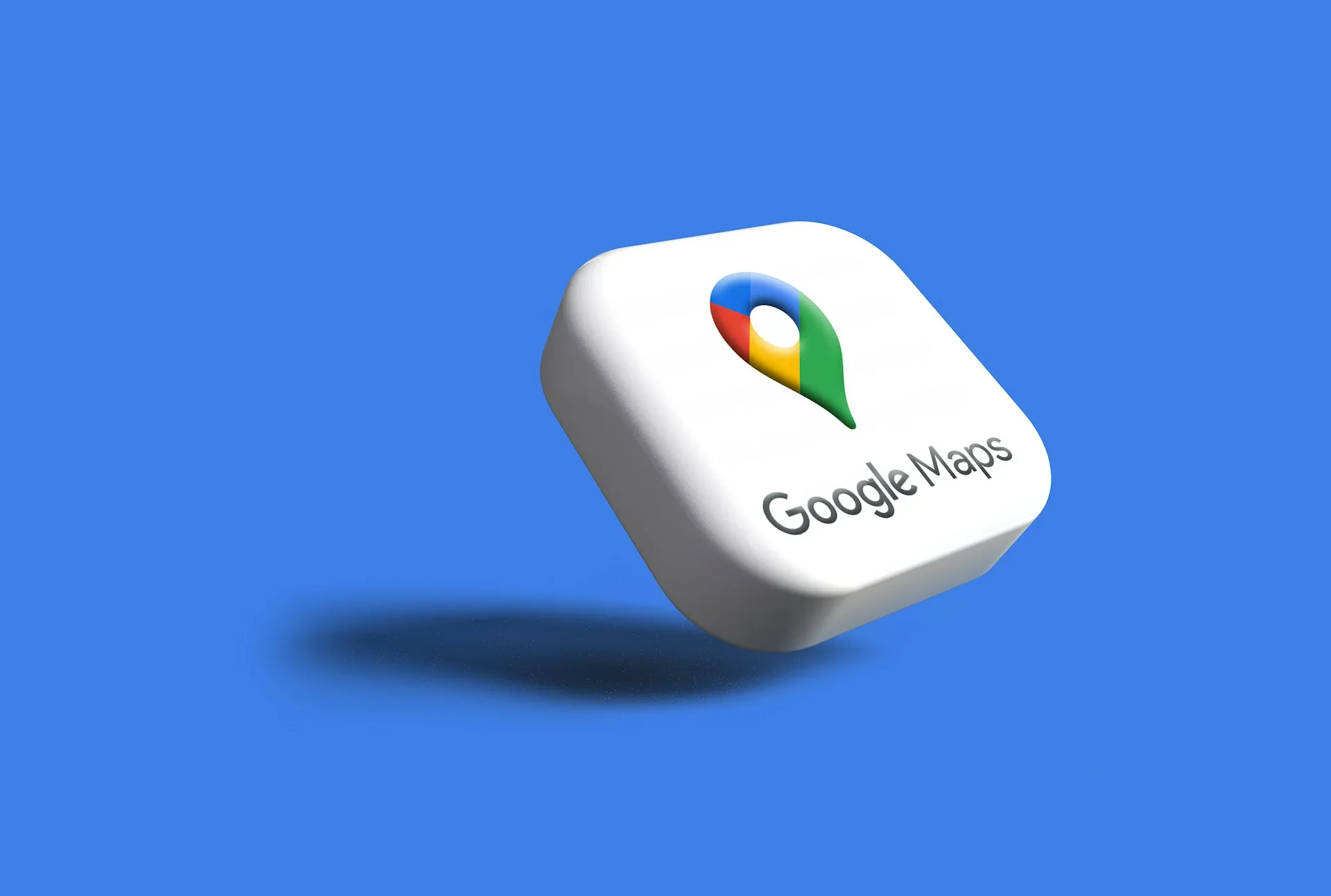


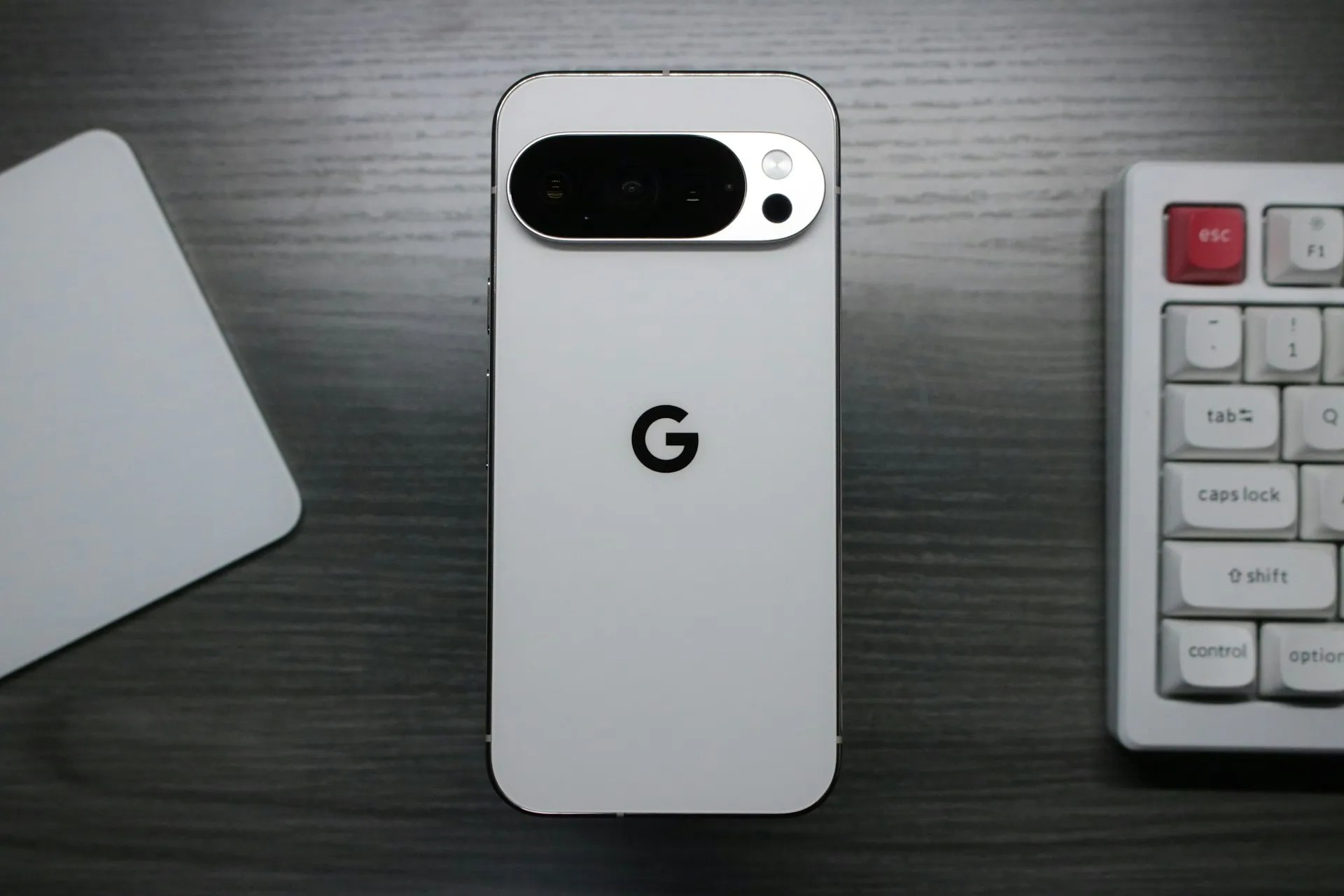


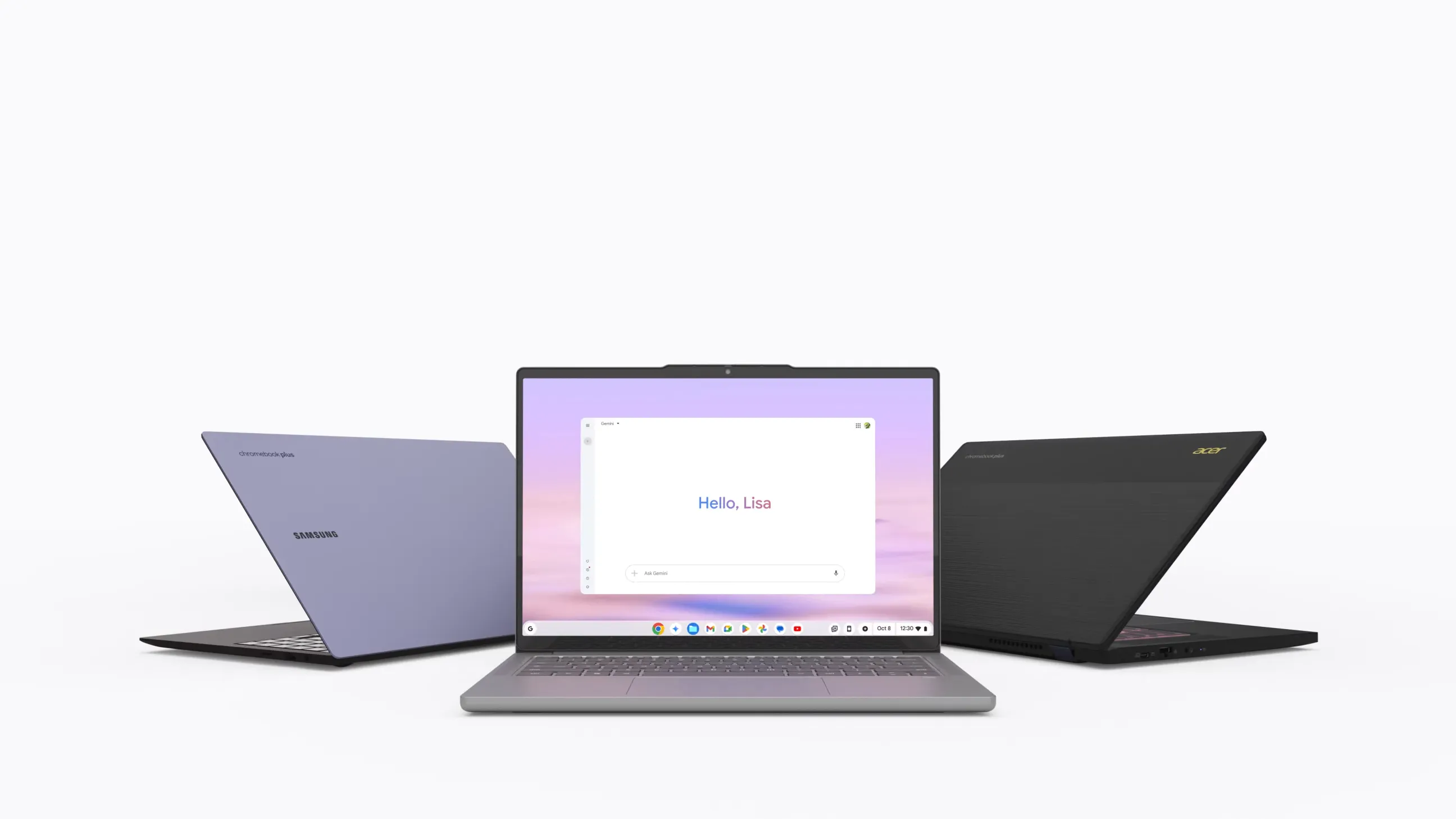




Comments
Be the first, drop a comment!